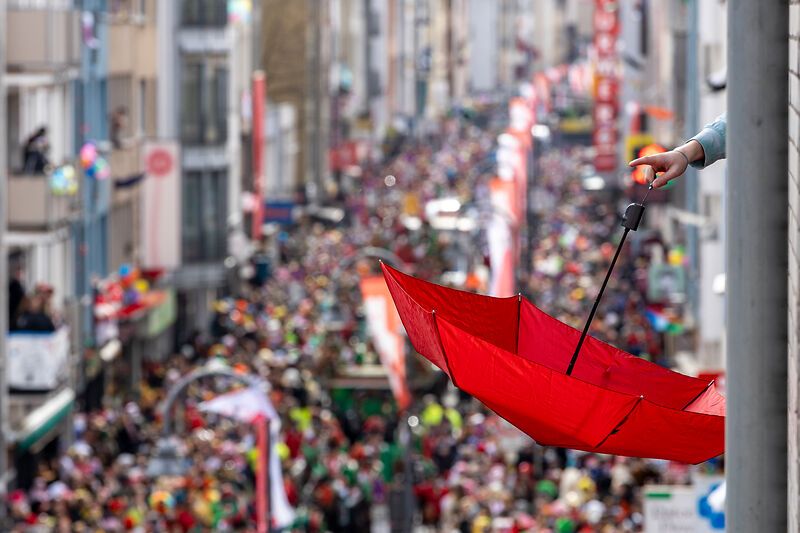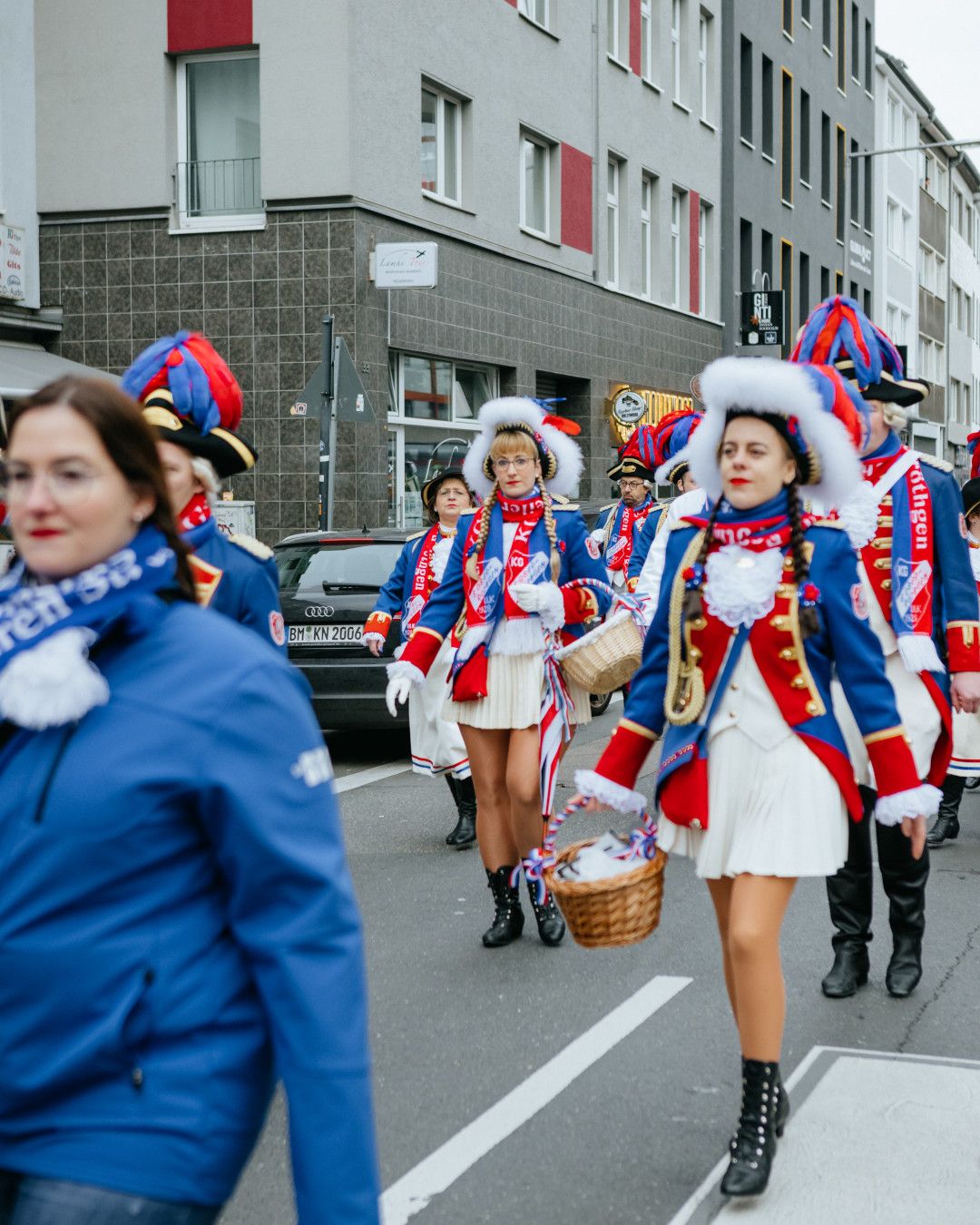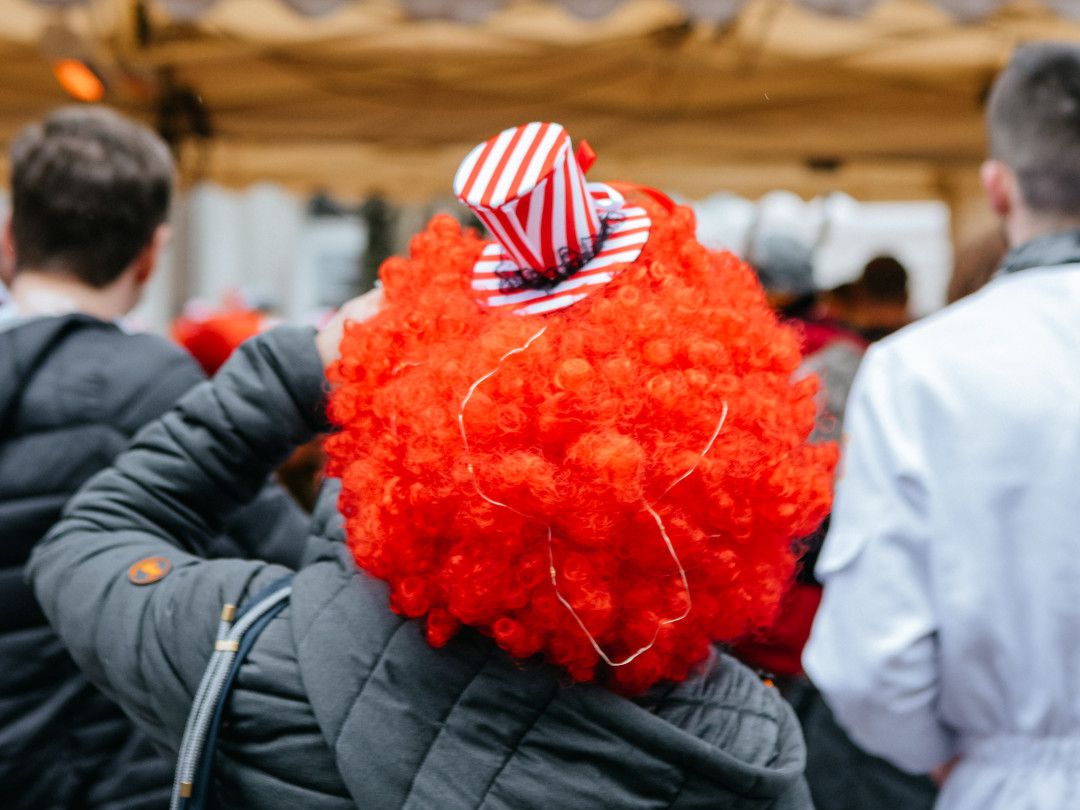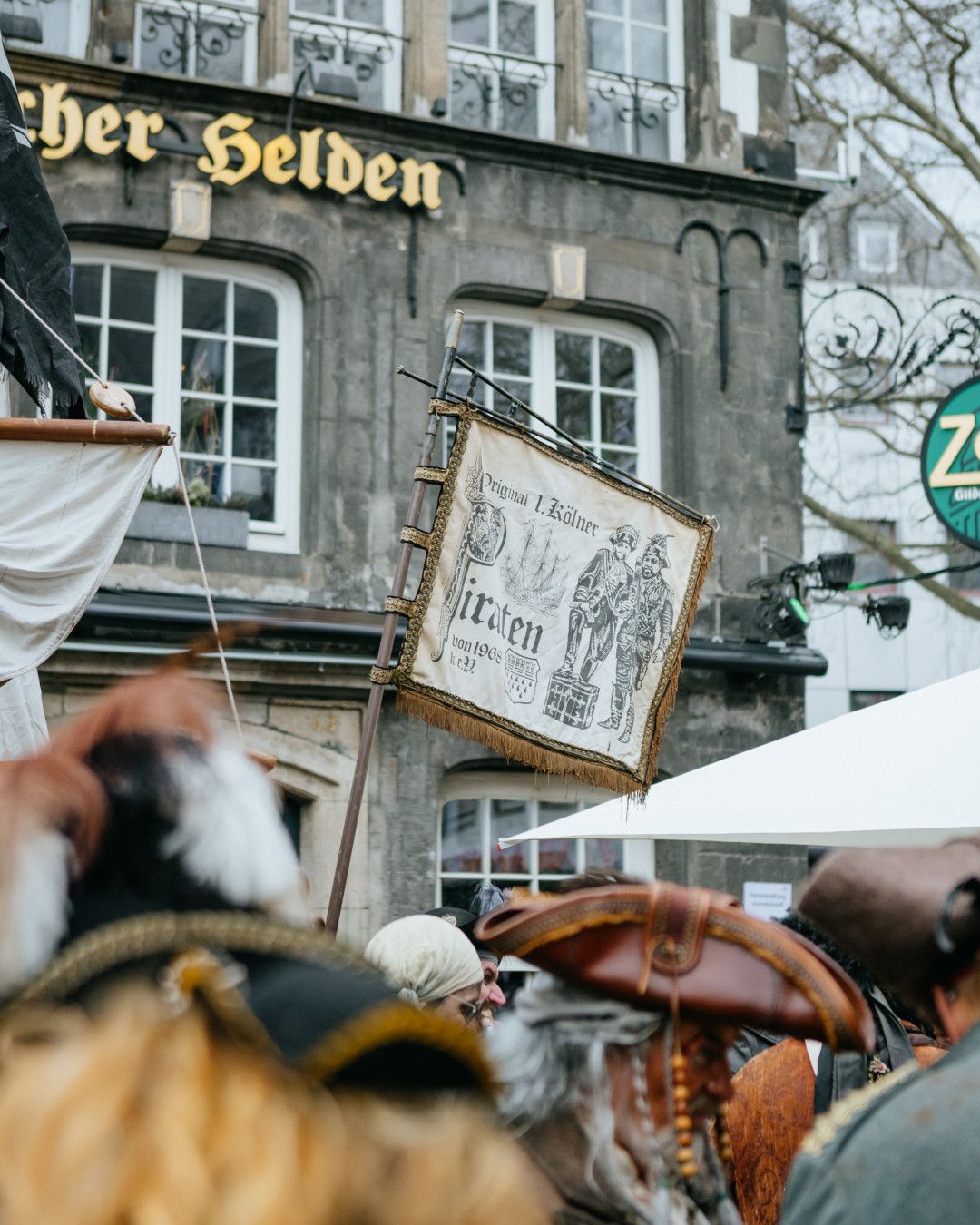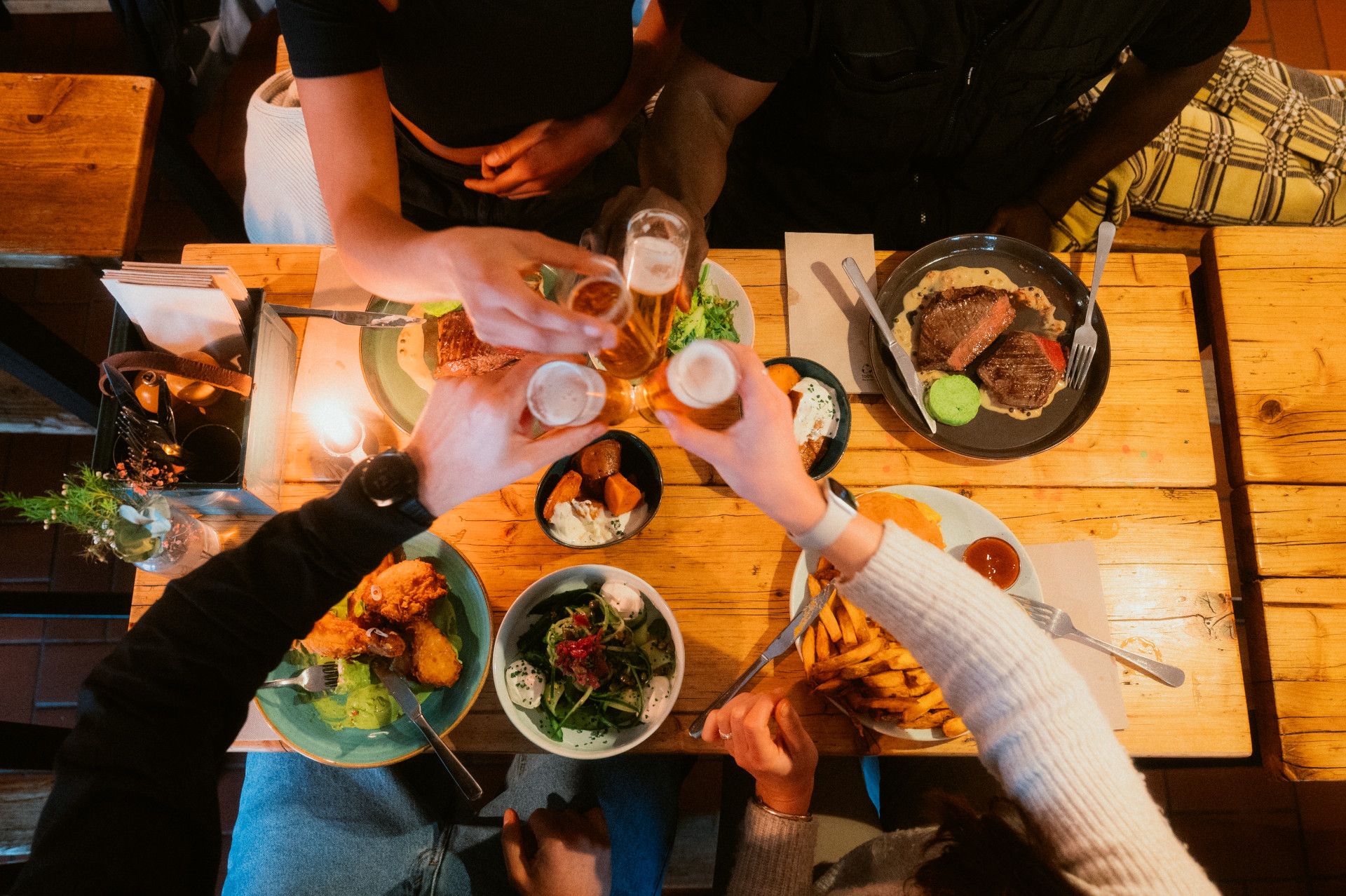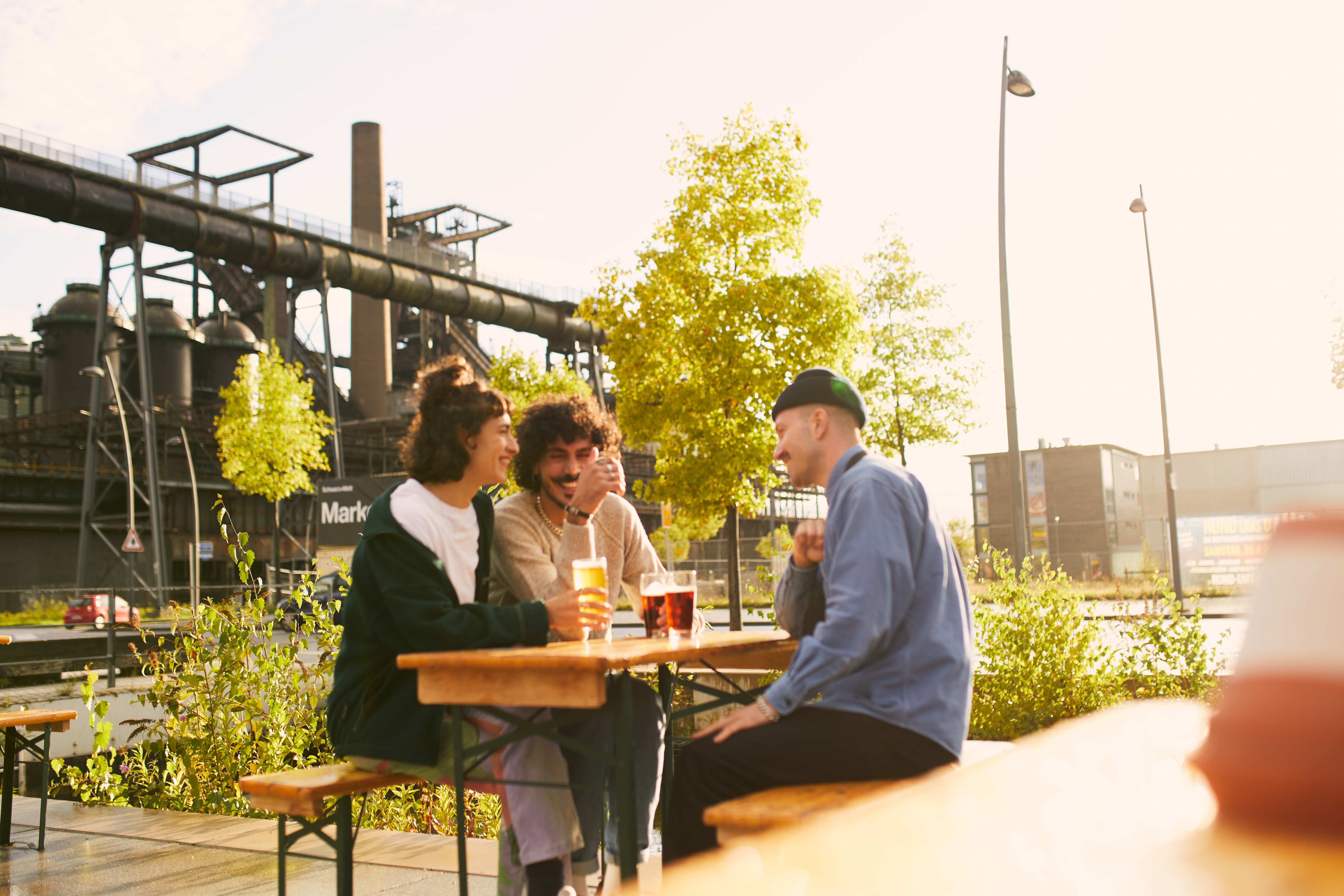What you need to know about the colourful days in the Rhineland: what is a Bützje, who is the Hoppeditz and is it Alaaf or Helau? Eleven short facts about carnival to get you ready for the fifth season in the Rhineland. The most important thing first: just go with the flow and, above all, join in. We hope you enjoy singing along, joining in and swaying along!
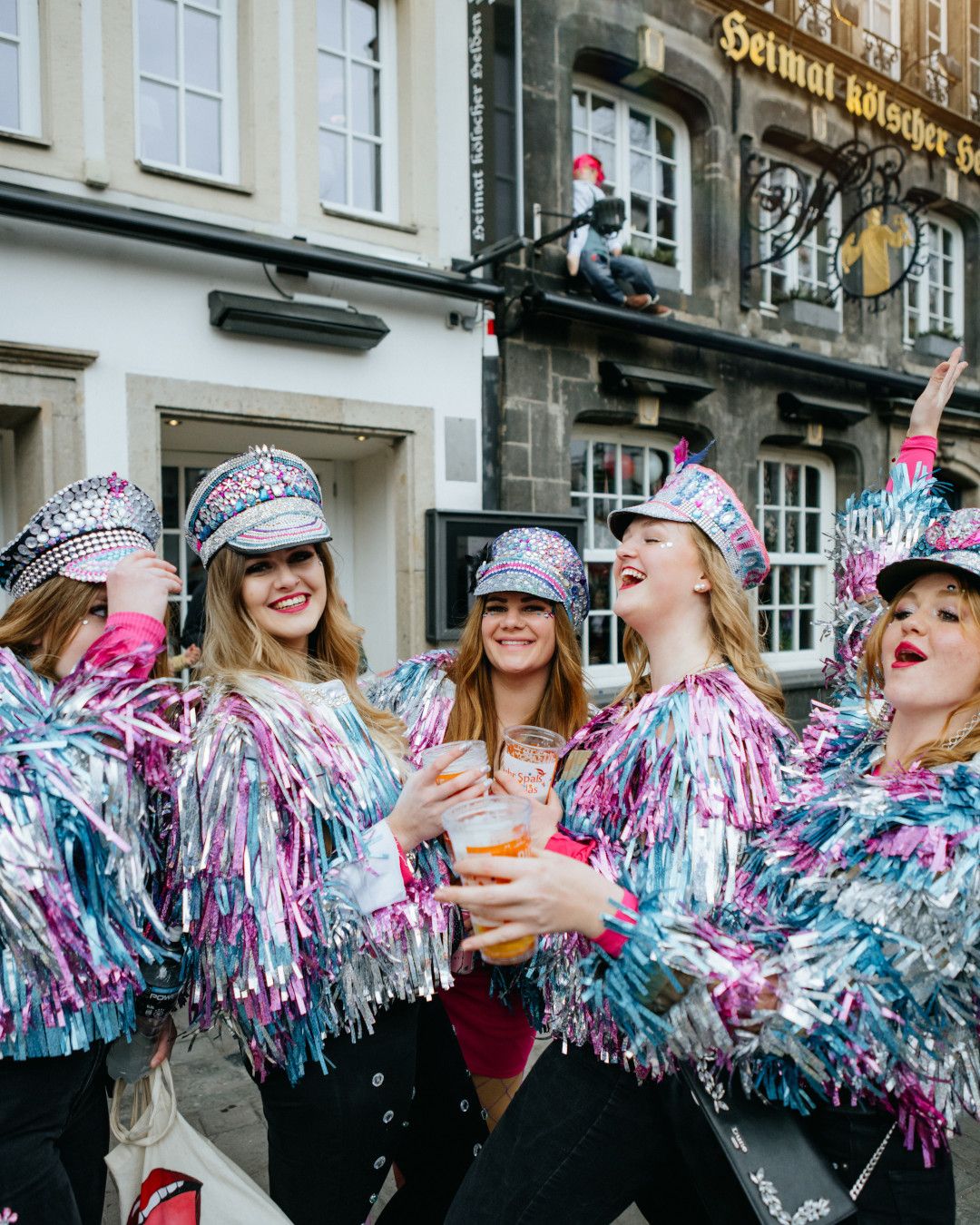
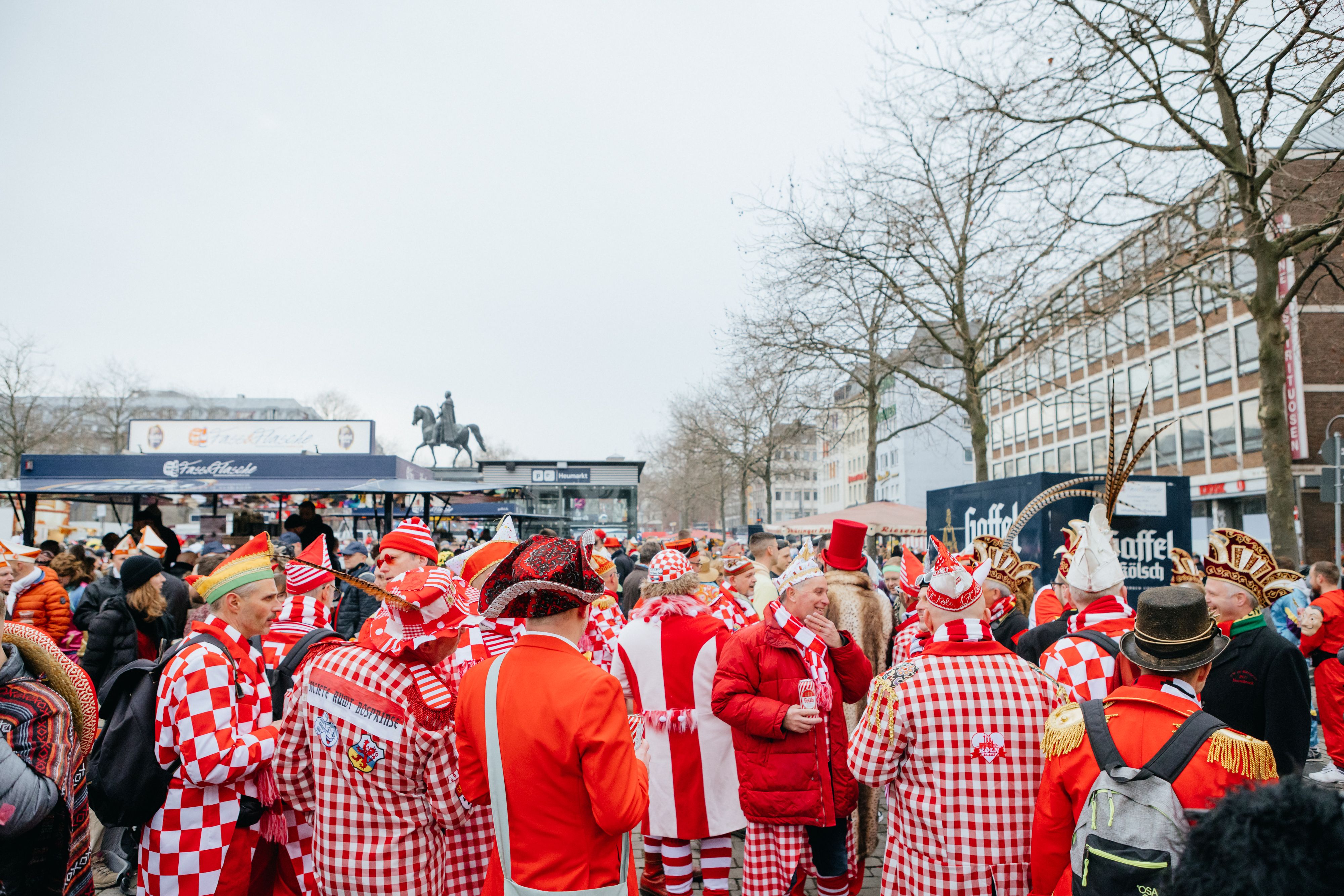
FAQs about the colourful days
Carnival for beginners
The difference in the name lies in the regions: In the Rhineland, there is carnival, derived from the Latin words "carne vale". Translated, they mean "meat - farewell" and are an allusion to the upcoming Lent. In Baden-Württemberg and Mainz in the Rhineland, it is called Fastnacht and in southern Germany, Fasching is a common term. The word "Vaschang" refers to the last serving of alcohol before Lent.
The Romans are said to have brought carnival to the Rhineland: At the "Saturnalia" festival, one of the most important festivals of joy in the ancient world, it was not permitted to do anything serious or important. Masters and slaves swapped roles, everyone was merry, making noise, drinking, dancing and joking. There is historical evidence of the merry-making since the Middle Ages.
Based on the best-known carnival holiday, Rose Monday, the remaining days before Ash Wednesday have also been given names in popular usage: Carnation Saturday, Tulip Sunday and Violet Tuesday.
Weiberfastnacht or Old Women's Carnival traditionally takes place on the Thursday before Ash Wednesday. This is when the street carnival days begin at 11:11 a.m. and women, the so-called "Möhnen", storm town halls to cut off the men's ties and take over the reigns according to old tradition. Alternatively, Weiberfastnacht is also known as Heavy Thursday, Fat Thursday or Dirty Thursday. These names can be traced back to the fact that this was the last day before Lent when people were slaughtered and fat-baked carnival cakes and carnival doughnuts were made.
The right jester's call is particularly important. Fools have different battle cries depending on the city and region. "Alaaf" is the Cologne jester's call, not to be confused with "Helau", the battle cry in Düsseldorf. But there are numerous other jesters' calls in NRW: the people of Paderborn shout "Hasipalau" and in Tönisvorst it's "Klappertüt".
A "Bützje" is a kiss and a sign of joy and cheerfulness during carnival. The kiss on the cheek goes to good friends and those who might become good friends - as a thank you or just for fun.
The Rose Monday parade is the highlight of the carnival season and street carnival, and has been around since 1823, with colourfully decorated floats winding their way through the cities of the Rhineland. Every year, up to 450 tonnes of sweets, popcorn and crisps are thrown at the Rose Monday parades in Cologne and Düsseldorf.
Kamelle used to be good old sweets that were thrown during the Rose Monday parade. Today they are chewy sticks, chocolate, ice-cream confectionery and wine gums. Whoever shouts "Kamelle" is after something sweet, whoever shouts "Strüßjer" would rather catch a tulip or carnation. However, these are usually thrown deliberately and women have a better chance. As a reward, there is often a "Bützje" for the thrower.
People like to sway a lot at carnival - and they do so with full physical effort. When a song with a swaying rhythm is played, the flowing movement is performed in time with the neighbour (simply join in, regardless of whether you know each other). Swaying back and forth works both standing and sitting.
On the night of Ash Wednesday, the days of revelry come to an end and Lent begins. To cleanse themselves of the sins of the past, the people of Cologne burn a scapegoat, the so-called Nubbel. Düsseldorfers, on the other hand, bury the Hoppeditz, the arch fool, to mourn the good times. But nobody has to live without carnival customs until 11.11. In NRW, there is carnival here and there for the whole year.
The carnival season begins every year on 11 November at 11.11 am. There are very different explanations for the meaning of the number eleven in carnival: in religions, eleven is a particularly devilish number. It stands for excess and sin and characterises people outside the moral laws. In addition, 11 is also a "booze number".
